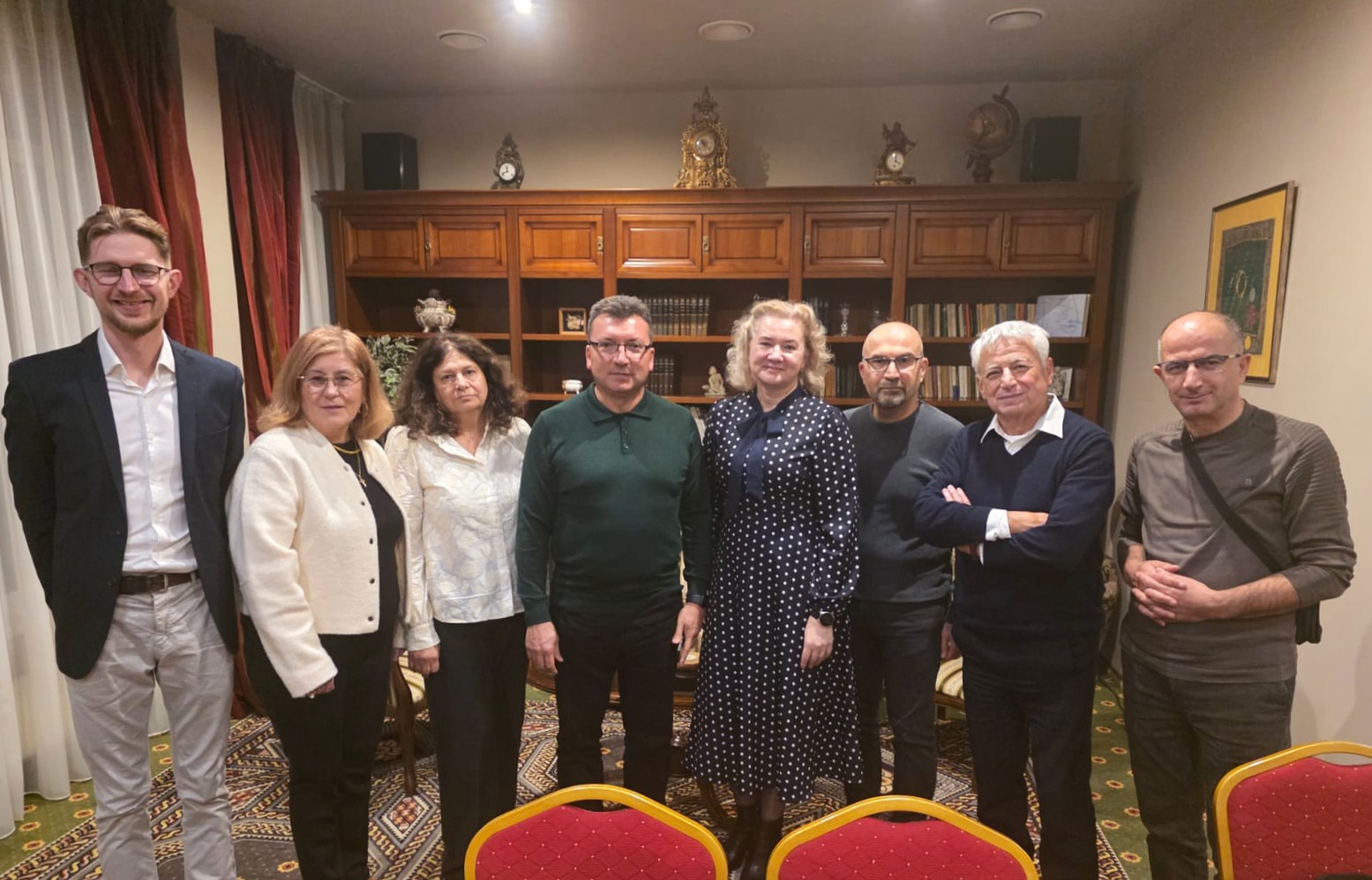Kaunas Hosts the Third Erasmus+ “Bumblebees for Natural Pollination” Project Meeting

The third international meeting of the Erasmus+ project “Bumblebees for Natural Pollination” (BUMBLE-NAP) took place on 4–5 November 2025 at Vytautas Magnus University Agriculture Academy. The event brought together project partners from Turkey, Italy, Bulgaria and Lithuania. The meeting was hosted by the Department of Environmental Sciences and Ecology at VMU Agriculture Academy.
The project aims to promote the use of bumblebees in greenhouse farming as a sustainable alternative to artificial pollination, thereby helping to reduce chemical use and strengthen vocational education in the agricultural sector. The project is coordinated by the Municipality of Serik (Antalya, Turkey), with partners including Aydin Adnan Menderes University (Turkey), the Confederation of Farmers of the Umbria Region (Italy), the Institute of Agriculture in Stara Zagora (Bulgaria), and Vytautas Magnus University (Lithuania). The project runs for two years, with completion scheduled for November 30, 2026.
The first day of the meeting focused on reviewing project results and planning the final stages of implementation. Partners discussed the development of the e-learning platform, the structure of the training modules, the content and format of the methodological handbook, and the production of educational videos. The schedule for completing the remaining activities and reporting procedures was confirmed.
The second day was dedicated to a practical field visit to UAB “Kietaviškių gausa”, the largest year-round greenhouse complex in the Baltic States, where vegetables are grown using hydroponic systems, LED lighting and bumblebee colonies for natural pollination. Alongside the project partners, first-cycle students of the Applied Ecology study programme at Vytautas Magnus University also took part in the visit. For the students, this field experience formed part of the study process and offered a unique opportunity to observe sustainable agricultural technologies in real-life conditions.
Participants were introduced to the closed-loop nutrient circulation system, automated climate control technologies, biological pest management solutions, and the industrial-scale application of bumblebee pollination. The students had the opportunity to ask questions directly to the company’s technology specialists and assess how ecological, productivity and energy-efficiency principles taught in class are implemented in modern horticultural production.
The visit further strengthened the project’s mission to link science, education and practical application – both at the international cooperation level and within university teaching practice.
The meeting in Kaunas marked the transition into the final phase of the project. Work is now underway to complete the training modules, prepare the methodological publication, and finalise educational video materials. Partners also agreed on the timing of the fourth and final transnational meeting.












